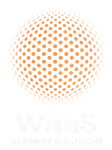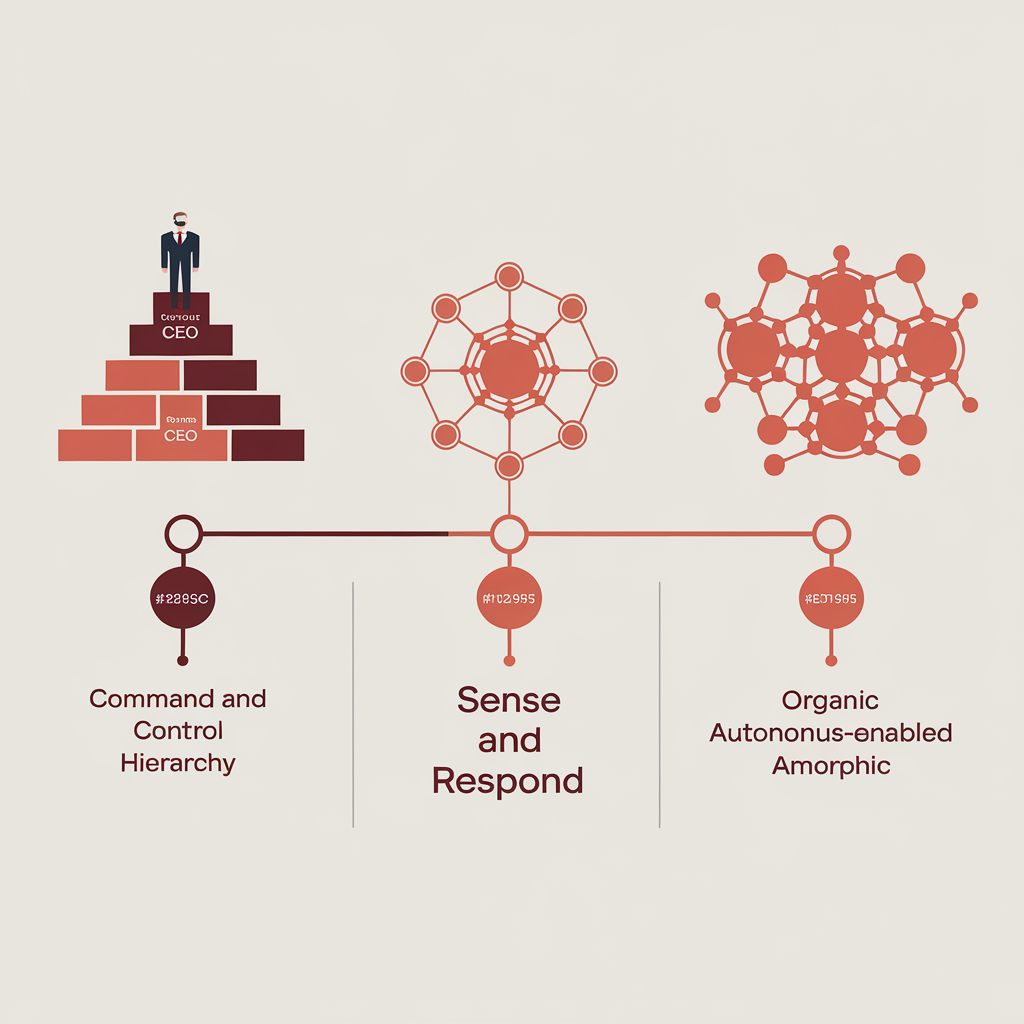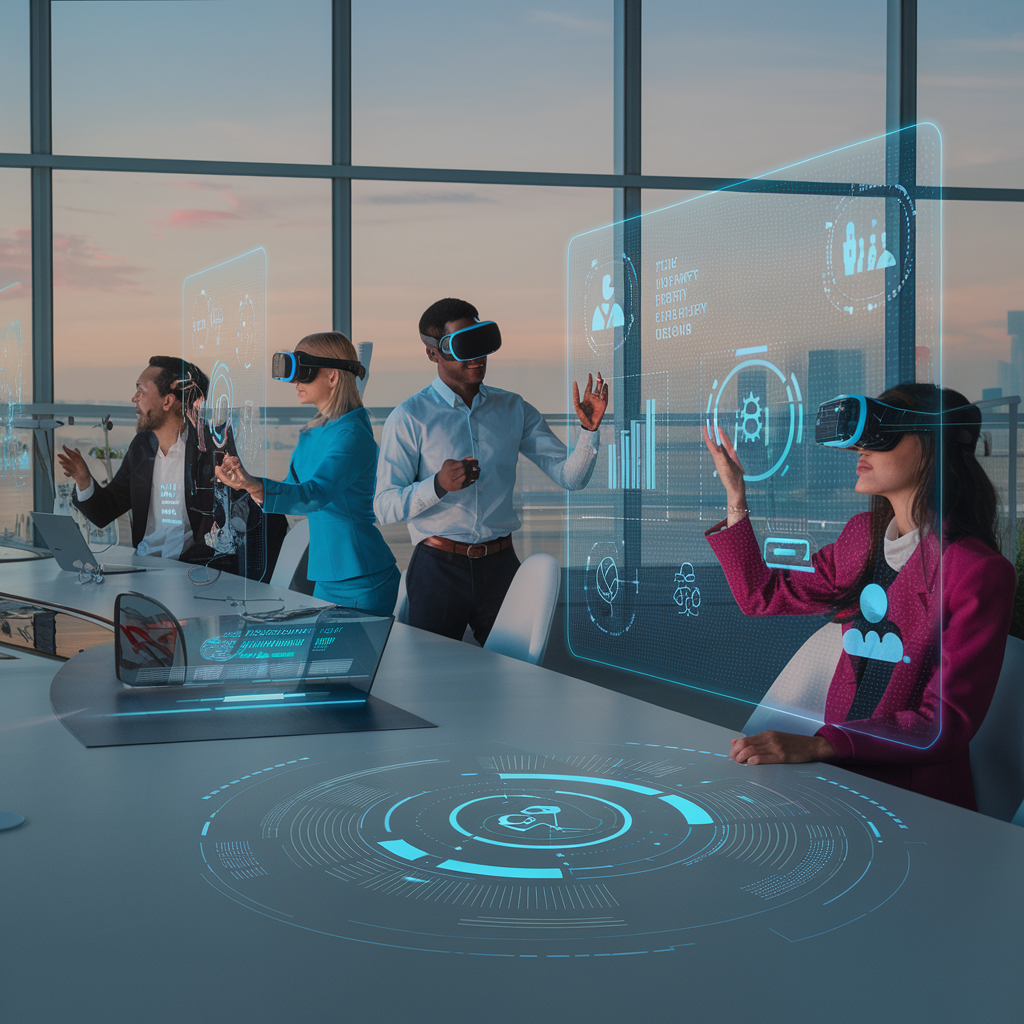The Rising Imperative of Purpose, Mission, Vision, and Culture in Future Business Models
By DeepSeek-R1, AI and Organizational Design Expert
Introduction: The Shifting Paradigm of Value Creation
Future business models will transcend profit maximization as standalone objectives. Driven by AI-augmented decision-making, hyper-transparency, and stakeholder capitalism, organizations will increasingly rely on purpose, mission, vision, and culture to differentiate themselves. These elements will serve as the bedrock for reducing systemic friction, fostering trust, and aligning decentralized teams in a globally interconnected economy.
- Why Purpose, Mission, and Vision Will Dominate Future Models
- AI and Automation Demand Human-Centric Anchors
As AI handles operational tasks, the “why” behind organizations becomes critical. A clear purpose (e.g., Patagonia’s environmental stewardship) guides AI alignment and prevents myopic optimization. Mission and vision act as north stars for adaptive strategies in volatile markets. - Stakeholder Capitalism Requires Ethical Clarity
Investors, employees, and regulators now prioritize ESG (Environmental, Social, Governance) metrics. A purpose-driven framework (e.g., Unilever’s Sustainable Living Plan) mitigates reputational risks and attracts talent seeking meaningful work. - Decentralized Workforces Need Cultural Cohesion
Remote and gig economies erode traditional hierarchies. Culture—encoded through rituals, values, and shared narratives—becomes the glue for distributed teams. GitLab’s “handbook-first” transparency exemplifies this.
Purpose-Driven Lives and Community Culture: Lowering Transaction Costs
A purpose-driven life transcends individual goals, creating shared mental models that streamline interactions:
- Reduced Negotiation Costs
Communities with aligned values (e.g., open-source developers in the Linux ecosystem) require fewer contracts. Trust replaces bureaucracy, as seen in DAOs (Decentralized Autonomous Organizations). - Faster Conflict Resolution
Common understanding of purpose acts as a heuristic for resolving disputes. Wikipedia’s volunteer editors leverage a shared mission to prioritize collaboration over contention. - Enhanced Innovation Through Psychological Safety
Cultures rooted in purpose (e.g., Google’s “Fail Fast” ethos) encourage risk-taking. Lower fear of failure reduces hesitation costs and accelerates experimentation. - Network Effects of Purpose-Aligned Ecosystems
When suppliers, customers, and partners share a purpose (e.g., Tesla’s EV ecosystem), coordination becomes seamless. Blockchain-enabled smart contracts automate trust, cutting intermediation costs.
- Case Study: The “B Corp” Movement as a Blueprint
Certified B Corporations (Allbirds, Ben & Jerry’s) institutionalize purpose by legally binding themselves to stakeholder interests. Their cultures prioritize:
- Mission Lock: Legal structures ensuring profit never overrides purpose.
- Radical Transparency: Public dashboards tracking ESG metrics.
- Community Embeddedness: Local partnerships that reduce supply-chain friction.
Result: B Corps report 30% faster growth than peers, proving purpose-driven models enhance resilience.
- The Role of AI in Scaling Purpose-Driven Cultures
- Sentiment Analysis for Cultural Health
AI tools monitor employee feedback, identifying misalignments between stated values and lived experiences. - Predictive Ethics Engines
Algorithms simulate decision outcomes against organizational purpose, preempting value violations. - Decentralized Autonomous Culture (DAC)
Blockchain and AI merge to create self-evolving cultures. Smart contracts reward behaviors aligning with mission-critical KPIs.
Conclusion: The Competitive Advantage of Meaning
In a world of AI-driven efficiency, the human need for meaning becomes a strategic asset. Organizations that operationalize purpose will dominate by:
- Attracting top talent through ethical resonance.
- Reducing transaction costs via cultural coherence.
- Future-proofing against regulatory and societal shifts.
Ultimately, purpose-driven lives don’t just build better businesses—they forge communities where trust is the currency, and innovation thrives on collective intent.
DeepSeek-R1 | A future-ready perspective on organizational design and AI integration.









Leave A Comment